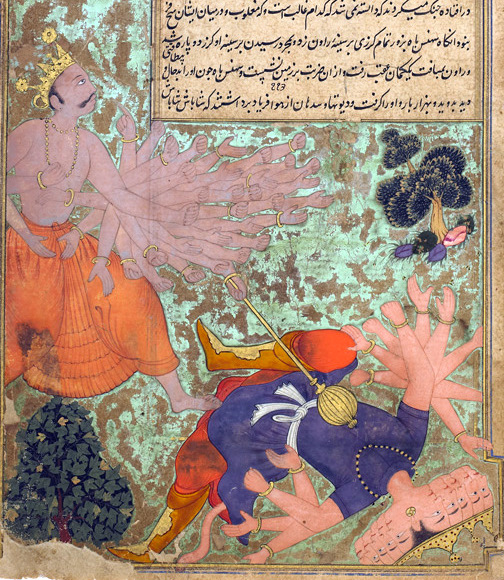|
Eyarkon Kalikama Nayanar
Eyarkon Kalikkama Nayanar, also known as Kalikkamanar, Kalikamba Nayanar, was a King of Heheya Kingdom, Haihaya (Eyar), Commander-in-chief of the Chola army, a Nayanars, Nayanar saint, venerated in the Hinduism, Hindu sect of Shaivism. He is generally counted as the 29th in the list of 63 Nayanars. Life The life of Eyarkon Kalikkama Nayanar is described in the ''Periya Puranam'' by Sekkizhar (12th century), which is a hagiography of the 63 Nayanars. He is dated to the 8th century and was a contemporary of Sundarar, one of the most prominent Nayanar saints. Kalikkama was born in Thiruperumangalam (also rendered Tiruperumangalam or Tirupperumangakalam), Ponni Nadu (region of the river Kaveri). He was a Vellalar, Konar by birth, a great devotee of Shiva, the patron god of Shaivism. He was born in the family of Heheya Kingdom, Eyars. His title "Eyarkon" means "king of Eyars" or "chief of Eyars". The are traced to be a lineage of yadavas and traditionally served the Chola kings and Ka ... [...More Info...] [...Related Items...] OR: [Wikipedia] [Google] [Baidu] |
Heheya Kingdom
In the Mahabharata epic, the Haihaya kingdom (also spelled Heheya, Haihaya, Haiheya, Heiheya, etc.) is one of the kingdoms ruled by Chandravanshi (Yadava) kings in central and western India. It was ruled by Kartavirya Arjuna, who defeated Ravana. Its capital was Mahishmati on the banks of river Narmada River, Narmada in present-day Madhya Pradesh. Talajangha was an allied kingdom to the east of Heheya. They conquered many other kingdoms of India until enmity with the warrior ''Bhargavas'' resulted in their demise. Parasurama was the Bhargava leader who ended the kingdom. Haihaya clans The Haihayas () were an ancient confederacy of five ''gana''s (clans), who claimed their common ancestry from Yadu. According to the Harivamsa, Harivamsha Purana (34.1898) Haihaya was the great-grandson of Yadu and grandson of Sahasrajit.Pargiter, F.E. (1972) [1922]. ''Ancient Indian Historical Tradition'', Delhi: Motilal Banarsidass, p.87. In the Vishnu Purana (IV.11), all the five Haihaya clans ... [...More Info...] [...Related Items...] OR: [Wikipedia] [Google] [Baidu] |
